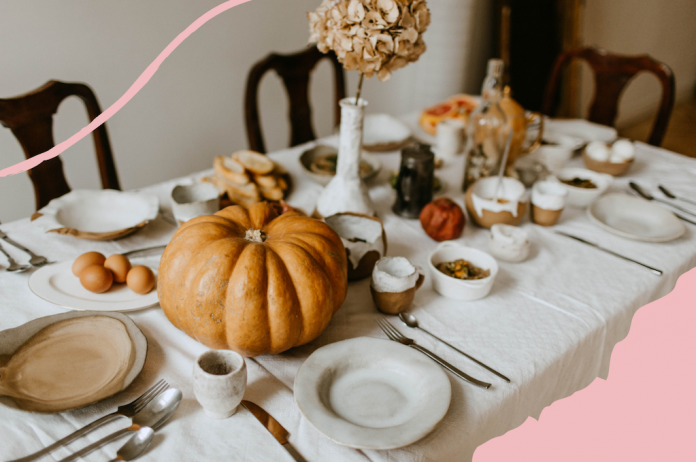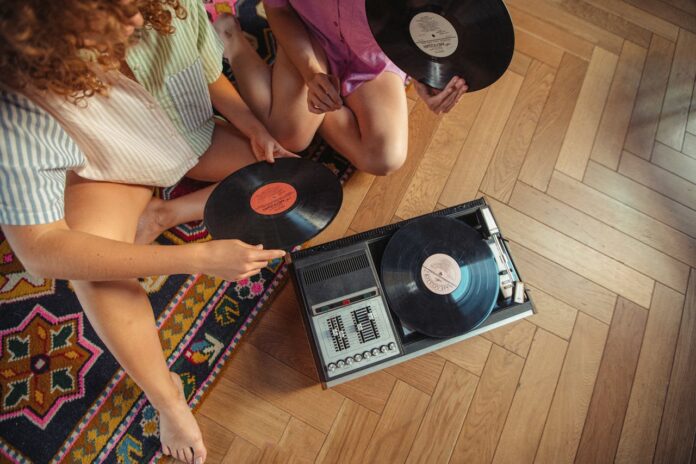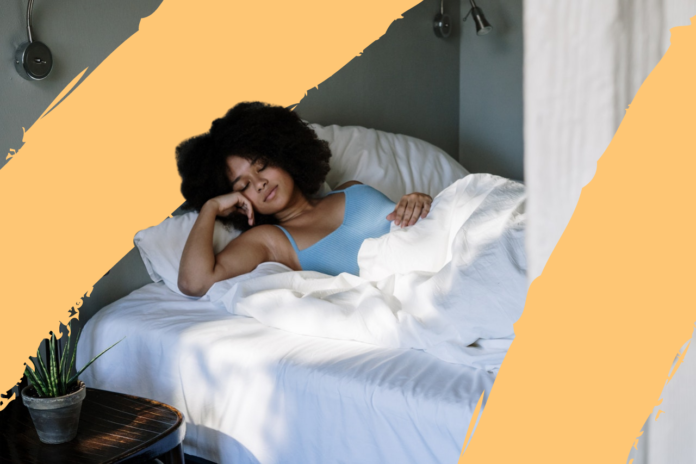From students celebrating their new found freedom to work colleagues going out for a few ‘after work’ drinks, it seems nowadays everybody has an element of social drinking in their lives. But if you’ve decided you want to reduce your alcohol consumption, you needn’t worry about this affecting your social life.
Whether you’ve decided you want to drink less to improve your health or to improve your bank balance, there are plenty of ways to reduce and monitor your alcohol consumption without introducing any tight restrictions or drastic cut-backs. So, with the help of Dr. Wendy Snell, a private GP at Blossoms Healthcare, here are 7 ideal tricks to curb your alcohol intake.
Know exactly what you’re drinking
A great way to monitor and control your intake is to be aware of what you are drinking. Before you purchase a drink, take the time to read the menu or ask your bartender what ingredients are used in each of their drinks and cocktails. This will not only help you make an informed decision when it comes to lower-alcohol alternatives but will also ensure your drinks aren’t too sugary – opting for low-calorie mixers or even asking for no added sugar is always better for you. Even the classic Coke Zero vs Diet Coke debate could be the difference, especially if you are mixing it with spirits. So before you buy, make sure you know what it is that’s going into your glass.
Space your drinks
When next out drinking, reduce the amount of alcohol you consume by adding non-alcoholic ‘spacers’ in between each alcoholic drink. Not only will this usually lead to lower alcohol consumption throughout the night, but it will also dilute the alcohol you do consume. Water is a popular spacer for some as it not only helps combat the dreaded dehydration headaches felt the morning after but it also speeds up the eliminations of harmful toxins built up from alcohol metabolism. This means the negative-side effects of alcohol are reduced allowing you to enjoy more of your evening.
Do not start drinking when you’re thirsty
There’s no denying alcoholic drinks quench your thirst. Therefore, it makes sense that the thirstier you are, the more likely you are to reach for another alcoholic drink on a night out. To prevent this, make sure you drink plenty of water throughout the day to keep your water levels constant. If you do feel thirsty during a night out, quench your thirst with a large glass of water before going back to the alcohol.
Avoid drinking when you’re hungry
It’s not uncommon for people to crave alcoholic drinks at the end of a long, hard day’s work. When your blood sugar levels drop your body can crave the high-sugar content of your favourite alcoholic drink when what your body actually needs is a good hearty meal. Before you next head out, make sure you get in a good meal with plenty of carbs. Drinking on a full stomach will also slow down the rate alcohol is absorbed into your system allowing you to remain in control of your consumption.
Measure your drinks correctly
It’s important to understand what a ‘standard’ measurement is when it comes to your favourite tipple and it can be a worthwhile investment buying a good measure for when you make drinks at home. With over-sized measures, not only are you drinking more than you expect per glass but you’ll also loose the taste of your favourite drinks and cocktails as they become overpowered with strong spirits. Wine drinkers should also keep an eye on their glass level too. It’s easier to control and limit your intake when drinking from a small glass of wine and avoid a ‘top off’ of your glass before it’s empty to help you keep an eye on your intake.
Reduce the alcohol content of your favourite drinks
If you don’t want to be left empty handed after finishing your half pint quickly, you can reduce your alcohol intake without actually reducing the amount you drink. Shandies, spritzers and ‘mocktails’ are great alternatives to high-alcohol drinks and you won’t feel like you are drinking less than you used to. Keep an eye out for the alcohol percentage of your wines and beers as well and choose ones with a lower percentage volume.
Don’t drink just because you have to
Contrary to what most people think, wine can keep overnight. So the next evening you open a bottle for just one glass, it can be just that. Invest in a good cork to keep it fresh and you won’t feel obliged to finish a bottle to prevent wasting good wine. And although it may go against the traditional British bar etiquette, it’s OK to opt out of buying rounds. In groups of large people, you may feel pressured to drink as much and as quickly as others. Buying your own drinks and drinking at your own pace is a great way to stay in control when it comes to drinking out with groups of friends.






